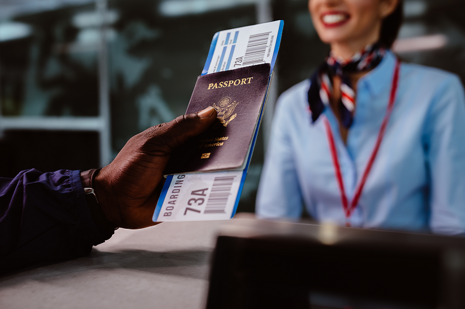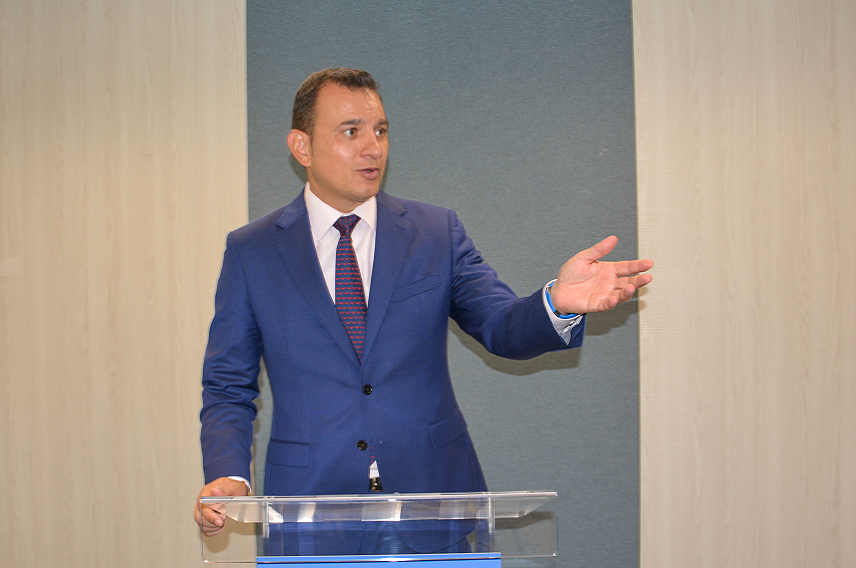
We spoke to Sergio Fernandez, IATA Europe's Director Airport, Passenger, Cargo, and Security on the status of PNR programs in Europe and how IATA intends to add value to the industry on this particular topic.

Sergio, since the last time we interviewed you on the Passenger Name Record (PNR) in March 2018, what progress has been made?
We are observing a substantial increase in the number of countries worldwide that are mandating carriers to transmit PNR. This is due to regulations such as the EU PNR Directive 2016/681 and the UNSCR 2396 (2017).This is creating a significant challenge for airlines. Submitting PNR to authorities is a lengthy, costly and intensive process.
How is Europe in particular impacted by PNR?
From a Government perspective, authorities are progressively working either on transposing the EU PNR Directive into national law or on setting up their Passenger Information Units to collect PNR, or on the actual collection as such. As of today, a total of 26 EU member states out of the 27 in scope of the Directive, have notified transposition measures to the European Commission.
Airlines are making substantial human, technical and financial efforts to accommodate each Government’s requests. In this sense, it is vital that the goverment requests are standard and adhering to the EU implementing Decision 2017/759. Likewise, it is key that the timelines provided to airlines are appropriate. At EU-level, the airline industry spends 58 million $ per year to cope with PNR transmission. IATA is committed to find a more efficient way to do this.
Can you please elaborate on what IATA is doing to add value to the industry, particularly in this challenging landscape for airlines?
We are working closely with authorities, providing support for standard PNR programs. To address the airlines’ challenges just mentioned, we are investigating an initiative called the PNR Clearing House. The idea is it will provide a unique focal point for sending PNR data which will be further distributed to authorities. This solution is much more efficient than each individual carrier interacting with Governments on a one-to-one basis and assuming substantial hassle and costs either directly or through their service providers.
By the third quarter of this year, the plan is for IATA to test a minimum viable product of this solution, a full legal assessment coping with data privacy and liability aspects on a global scale, and a business case based on a cost recovery basis. Let me highlight that the sole driver for this initiative is to add value to our industry; no profit will be made from this service. Airlines will just have to cover for the cost needed to provide this service. We are already engaging with those which have shown early interest in joining this initiative.
What impact would you expect the PNR Clearing House to have for airlines and the industry?
It would reduce the complexity that airlines face today coping with multiple PNR programs around the globe. Furthermore, it would avoid the hassle of setting up and maintain multiple connections with numerous authorities, even using various protocols. This involves IT savings, and a more efficient and focused effort management. This initiative is perfectly aligned with IATA’s three core activities which include advocating for the industry, standard setting and adoption, as well as providing services and products. Simultaneously, this initiative would enable Governments to streamline their interaction with airlines.
Airlines (IATA or non-IATA members) can learn more about the proposed PNR Clearing House by contacting our dedicated team at iatapnr@iata.org.